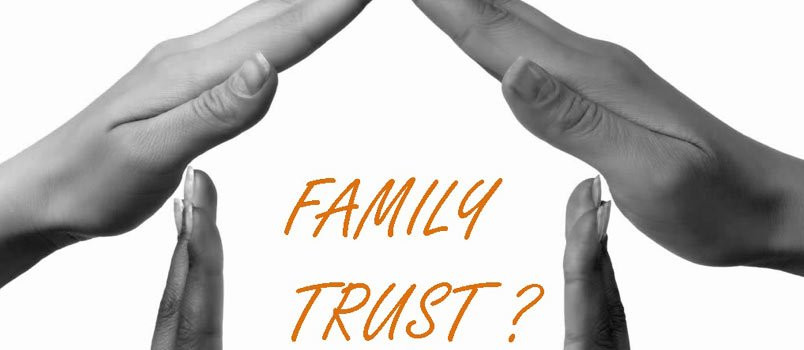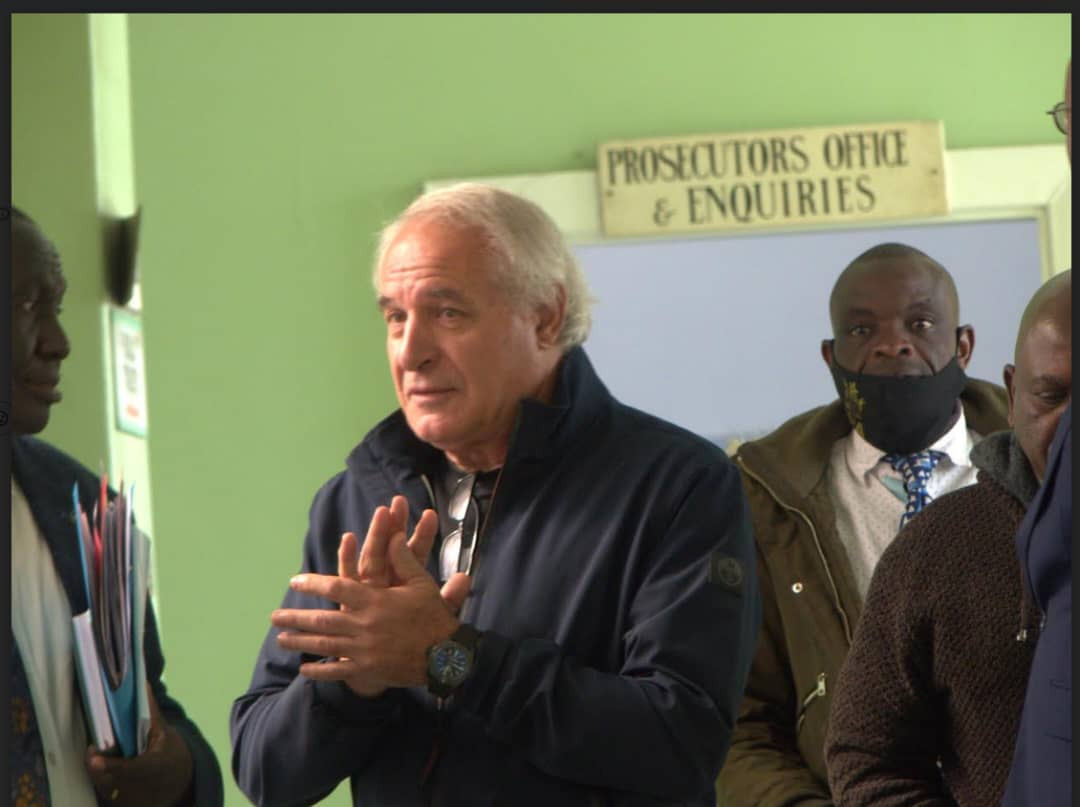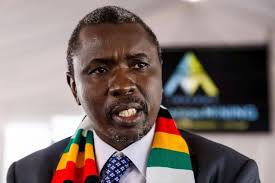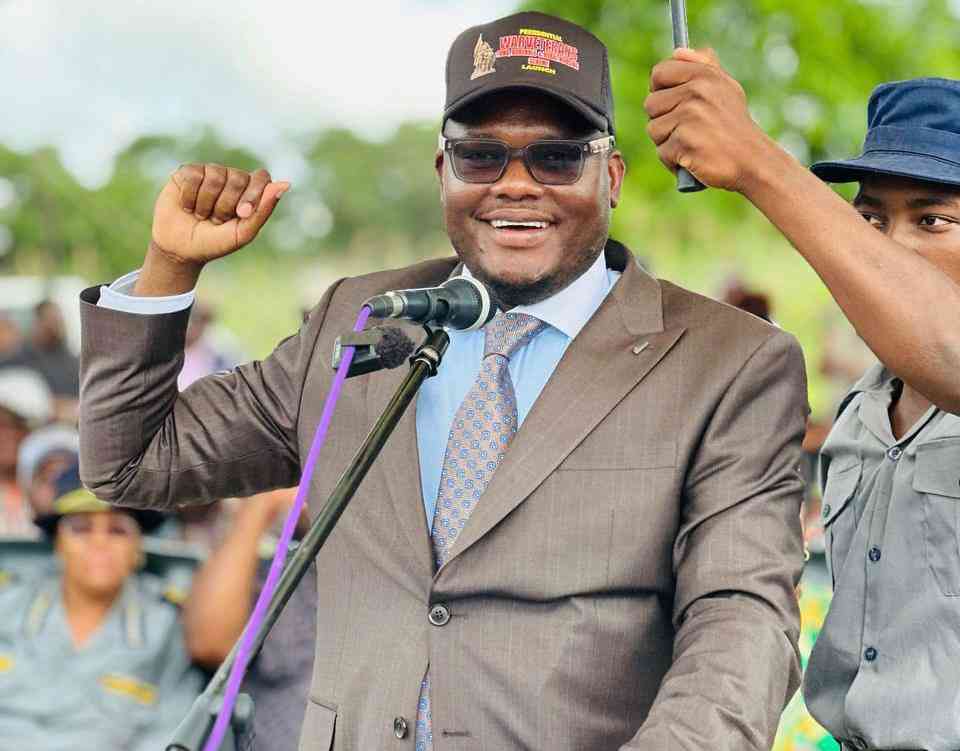
It is always important to plan for everything in life, and beyond life. It goes without saying that whatever we do requires planning; from spending, starting and running any project, marrying, and death. Death has always required much more planning but it seems that it is the last thing that we really have time to deal with.
It becomes much more needful to plan and provide for our families after death, especially bearing in mind that once dead you do not have an opportunity to participate, assist, direct or influence significantly in the daily affairs of our loved ones still living.
It is a wise estate planning strategy to set up a family trust. A trust is a legal entity or relationship set up for the protection and preservation of both movable and immovable assets including marketable securities and insurance policies. In the Christian circles, the book of 2 Chronicles 20 narrates the story of God directing Hezekiah the King to plan his estate because he was about to die. However, Hezekiah’s case is so unique because in today’s world, death comes like a thief. It is, therefore, important to put in place plans for how your estate will be dealt with after death.
Trusts can provide an opportunity for estate planning in that they are easy to set up, and offer good asset protection. As pointed out earlier a trust is a legal entity which is set up by a founder or donor for the benefit of identified beneficiaries.
In order to set up a trust, there must be three parties; the founder or donor also known as the settlor, the trustees, and the beneficiaries. The founder must execute a Deed of trust which is a legal document spelling out the purpose of the trust, its name, the details of the founder, trustees and the beneficiaries. The deed also sets out how beneficiaries will benefit from the trust. In addition to the above, the trust deed spells out clearly who the initial trustees for the trust will be; it also provides for how trustees are replaced. The trustees, just like the founder and beneficiaries, must be identified with their full particulars, including addresses. This is a requirement in terms of the Deeds Registries Act.
Any person who is an adult can set up a trust. In order to do that s/he must identify persons of good standing and character whom he or she can appoint as trustees for the trust. The role of trustees is that they carry out the wishes of the founder in fulfillment of the objectives of the trust before and after death of founder. A good practice is that in setting a trust, the founder be part of the trustees.
Once a person draws up a trust document, it will be required to be attested to by a notary public before being lodged with the Deeds Registry.
The benefits of setting up a trust are that a trust holds assets under the administration of trustees. For assets to be in the trust, they have to be either acquired in the name of the trust or if already in some other person’s name, the assets would need to be donated to the trust. What needs to be noted, however, is that it is cheaper to acquire assets in the name of the trust than to later on change ownership.
- Plea for voter registration blitz extension
- Looming voter apathy cause for concern
- Zimbabweans still struggling to obtain identity documents
- Religion: Firstlings of man, livestock and crops
Keep Reading
Whenever assets are in the name of the trust, it means that upon death of the founder, those assets no longer belong to the founder but the trust as such they cannot be part of the deceased’s estate. It is wise to put your assets in the trust as they will be under the trustees and not the founder. This protects assets even when the founder or his family accrues debts for which may result in loss of assets through legal execution. Upon death of the founder, any immovable assets in the trust escape expenses like the Master’s fees (around 4%), executor’s fees (around 4%), the costs of lawyers to do transfers of property to the beneficiaries (around 3%).
What is important in setting up a trust is that married couples could be co-founders of trusts, and make provision for all their children above the age of 18 to be trustees. This helps in case of untimely death of the parents, the children easily takes over the running of the trust which holds family properties. Where, however, the children are still minors, the trust deed should ideally provide that upon them reaching majority age, they automatically become trustees. A founder can also be a co-trustee as well as a beneficiary together with others. It is, however, not possible for one person to wear the three hats of founder, trustee and beneficiary by him/herself. The simplest set up for a trust is that a husband and wife or two close partners are co-founders, are co-trustees and are also part of beneficiaries.
The beauty of involving your children and/or spouse in the set up and running the family trust either as co-founders or trustees is that the affairs of the trust are appreciated by family in case one of parent passes on. For a greater reason, the whole family must understand the operation and provisions of the trust.
I would discourage families from setting up trusts with distant relatives as this may cause disharmony in the family unless the relative is one of good standing with the family. Family trusts are meant for immediate families to manage and protect family assets with the involvement of the family.
As to how one can set up a specific trust, it depends on the founder’s requirements and circumstances. This article is meant to give basic information to the public on the subject of trusts, but it’s not exhaustive, or meant to be legal advice. In order to set up a trust, one would need to seek professional advice.
- Alex Majachani is a legal practitioner with Alex F & Associates attorneys and can be reached on [email protected]











